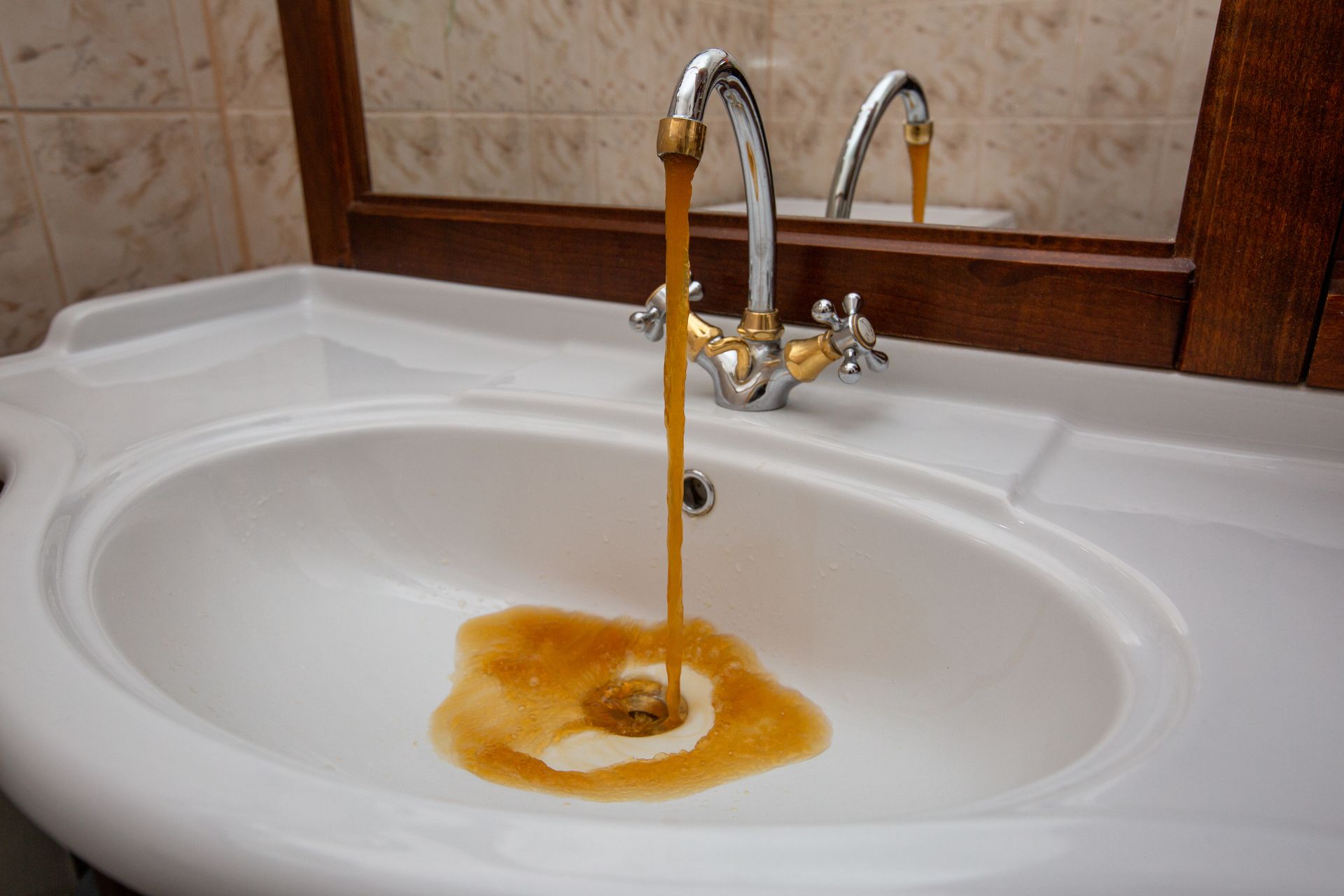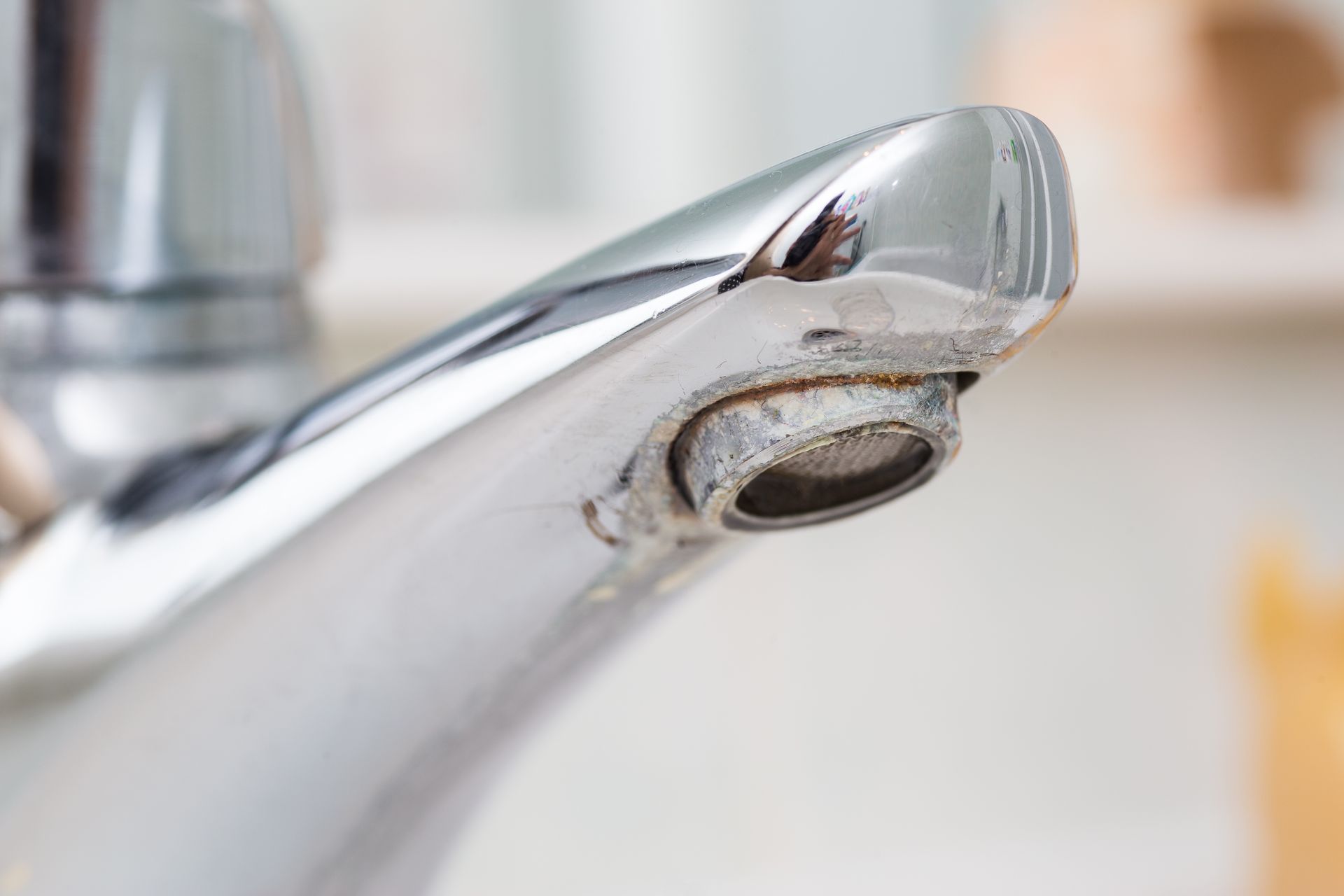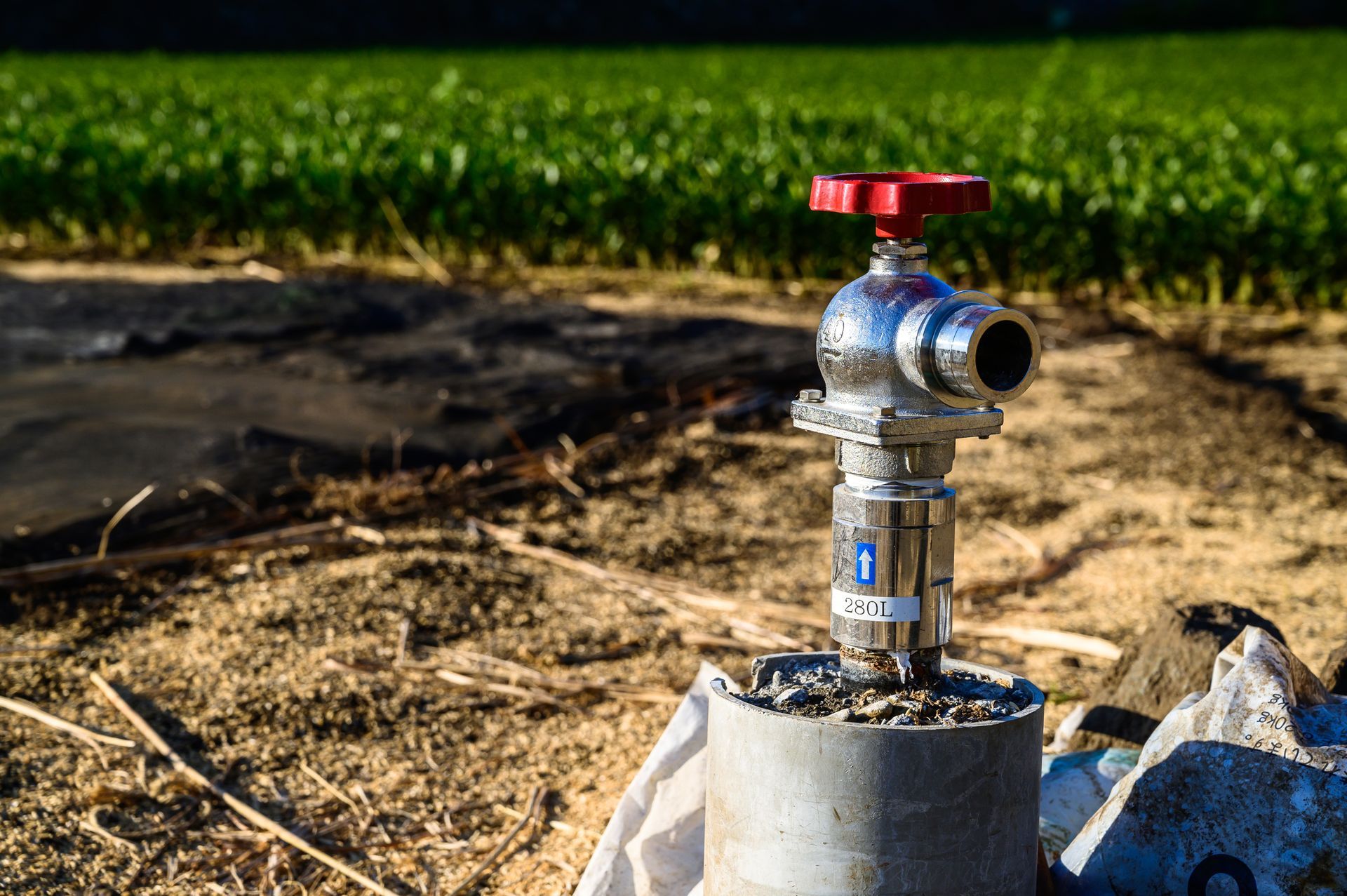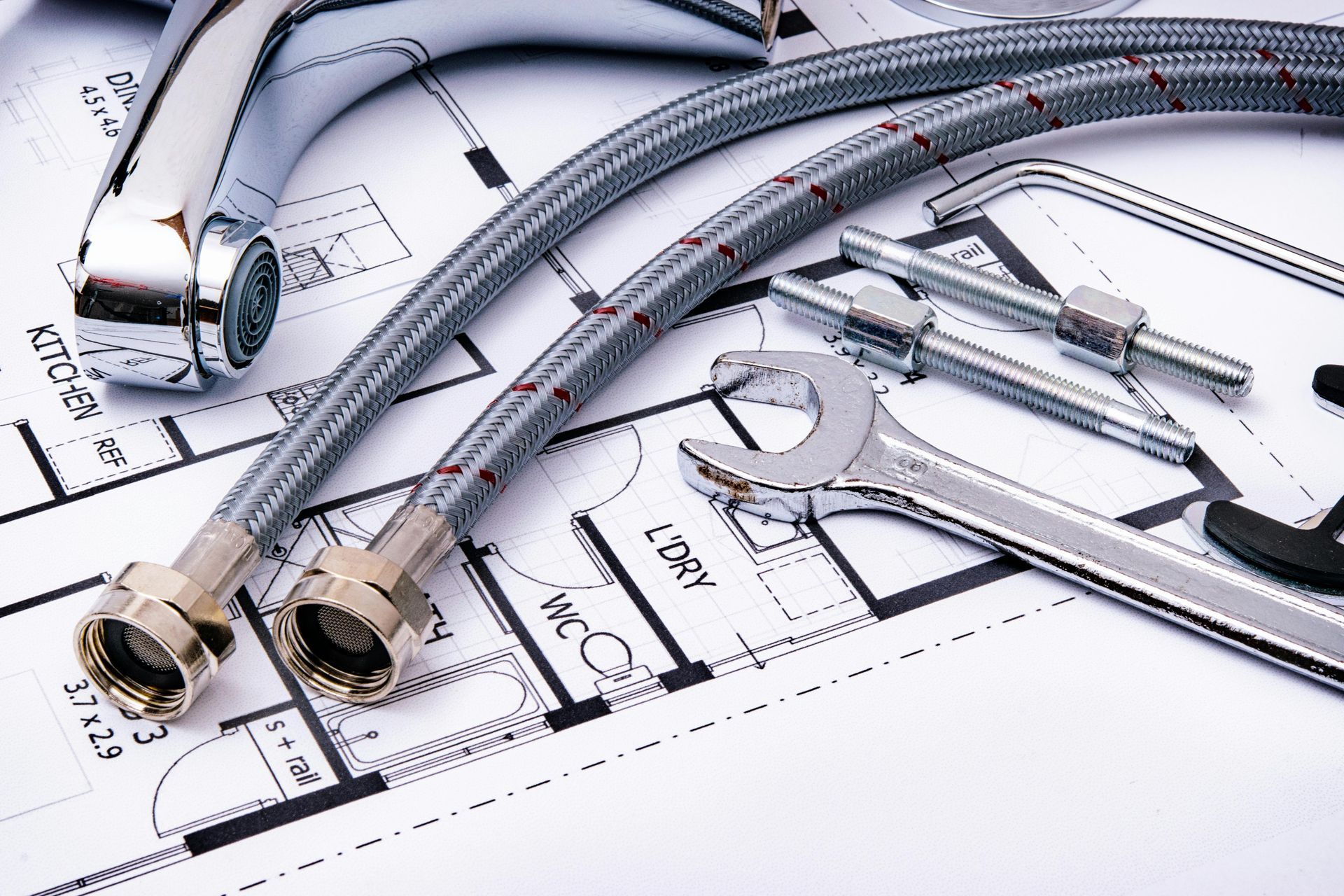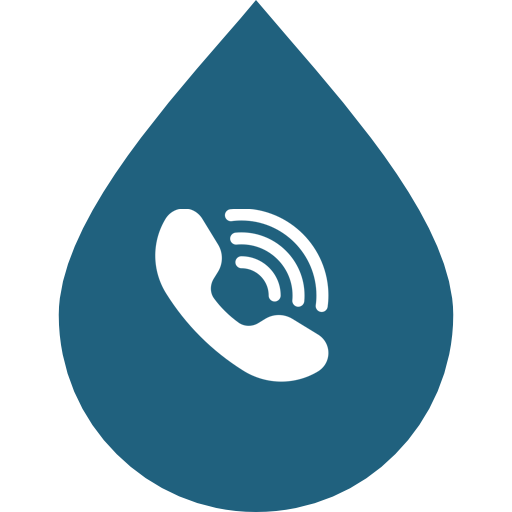Matt Meek LLC
Safety First: Essential Water Heater Precautions to Prevent Accidents
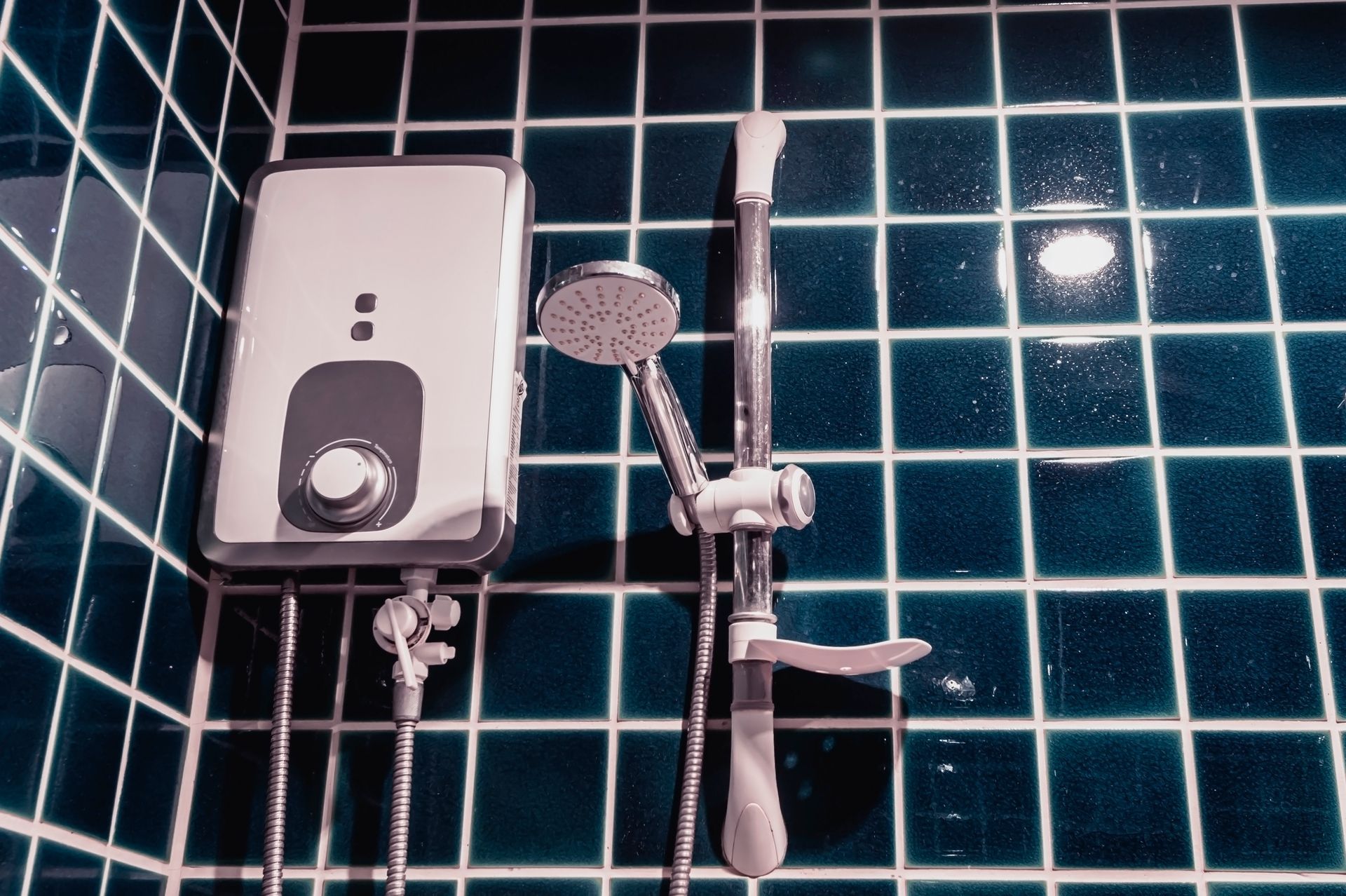
Slide title
Write your caption hereButton
Water heaters are a staple in every home, providing hot water for bathing, cleaning, and cooking. However, if not properly maintained, they can pose significant safety hazards. At Matt Meek LLC, a trusted plumbing company in Hartsville, IN, we prioritize your safety and comfort. This comprehensive guide covers essential precautions to ensure your water heater operates safely.
1. Regular Maintenance Checks
Regular maintenance is the cornerstone of water heater safety. A well-maintained unit operates efficiently and reduces the risk of accidents. Here are some key maintenance tasks to keep in mind:
Annual Inspections
To ensure your water heater runs smoothly and safely, an annual professional inspection is recommended. During these inspections, a technician will check for leaks, corrosion, and other potential issues. They will also test the temperature and pressure relief valve to ensure it’s functioning correctly.
Flushing the Tank
Sediment buildup in the tank can lead to inefficiencies and potential damage. Flushing your water heater at least once a year removes these sediments, prolonging the unit’s lifespan and maintaining its efficiency. If you notice unusual noises from the tank, such as popping or banging, it might be time for a flush.
Anode Rod Replacement
The anode rod prevents the tank from rusting by attracting corrosive elements in the water. Over time, this rod will degrade and need replacement. Check the anode rod every three years and replace it if it’s significantly corroded.
2. Temperature Control
Optimizing your water heater's temperature setting is key to both safety, preventing scalding accidents, and energy savings. To strike a balance between safety and efficiency, the U.S. Department of Energy recommends setting your water heater to 120°F (49°C). Here’s why:
Preventing Scalding
Water that is too hot can cause severe burns within seconds. By setting your water heater to 120°F, you reduce the risk of scalding, especially for young children and the elderly, who have more sensitive skin.
Energy Efficiency
Lowering the temperature on your water heater can save energy and reduce your utility bills. Each 10°F reduction in water temperature can save you between 3-5% on energy costs.
3. Safety Device Installation
Several safety devices can help prevent water heater accidents. Installing these devices ensures an additional layer of protection for your home and family.
Temperature and Pressure Relief Valve
It's important for safety reasons that your water heater has a functioning temperature and pressure relief (TPR) valve. It prevents your water heater from becoming over-pressurized, which could lead to explosions. Regularly test the TPR valve by lifting the test lever and allowing it to snap back. If water flows out, the valve is working correctly. If not, it needs replacement.
Expansion Tanks
An expansion tank helps manage the pressure in your water heater. When water is heated, it expands, increasing the pressure inside the tank. An expansion tank absorbs this excess pressure, preventing damage to your water heater and plumbing system.
Water Heater Pan
A water heater pan placed under your unit can catch any leaks or drips, preventing water damage to your home. Make sure the pan is correctly sized for your heater and has a proper drainage system.
4. Safe Installation Practices
Proper installation is vital to ensure your water heater operates safely. If you’re installing a new water heater or replacing an old one, consider these practices:
Professional Installation
Always hire a licensed professional for water heater installation. Improper installation can lead to gas leaks, electrical issues, and other hazards. At Matt Meek LLC, we ensure every installation meets safety standards and local codes.
Proper Ventilation
Gas water heaters require adequate ventilation to prevent carbon monoxide buildup. Ensure the exhaust system is free of obstructions and vents to the outside. Regularly inspect the venting system for damage or blockages.
Secure Placement
Place your water heater in a secure, accessible location. Avoid placing it in living areas or near combustible materials. Ensure there’s enough clearance around the unit for maintenance and emergency access.
5. Emergency Preparedness
Being prepared for emergencies can mitigate the impact of water heater malfunctions. Here are some steps to take:
Know How to Shut Off the Water and Power
In case of an emergency, it’s crucial to know how to shut off the water supply and power to your water heater. Locate the shut-off valve and the circuit breaker or gas supply valve. Familiarize yourself with their operation and ensure all household members know where they are.
Install a Leak Detection System
A leak detection system can alert you to water leaks, preventing extensive damage. Some advanced systems can shut off the water supply automatically if a leak is detected, providing peace of mind.
Have a Plan
Discuss emergency procedures with your family. Ensure everyone knows what to do if there’s a water heater leak, fire, or other emergency. Keep emergency contact numbers, including your plumber’s, readily accessible.
Don't Wait Until It's Too Late! Contact Matt Meek LLC!
At
Matt Meek LLC, your safety is our priority. By following these essential precautions, you can ensure your water heater operates safely and efficiently. For professional water heater services, maintenance, or emergency assistance, contact us at
(812) 344-3559. Trust us to do your
general plumbing,
water heater,
water softener, and
well pump needs. Get peace of mind with our expert plumbers available to assist you.
FAQs
-
How often should I have my water heater serviced?
It's recommended to have your water heater serviced annually. Regular maintenance helps identify potential issues early, ensuring your unit operates efficiently and safely.
-
At what temperature should I set my water heater to avoid accidental burns?
The recommended temperature setting for water heaters is 120°F (49°C). This temperature is hot enough to prevent bacterial growth and provide sufficient hot water, yet cool enough to prevent scalding.
-
How do I know if my water heater needs a new anode rod?
Check the anode rod every three years. If it’s heavily corroded or reduced to less than 1/2 inch in thickness, it’s time to replace it. A degraded anode rod can lead to tank corrosion and leaks.
-
What should I do if my TPR valve is leaking?
If your TPR valve is leaking, it could be due to excess pressure or temperature in the tank, or the valve itself might be faulty. Have it inspected by a professional to determine the cause and ensure safety.
-
Why is my water heater making noise?
Noises like popping or banging typically indicate sediment buildup in the tank. Flushing the tank can resolve this issue. If the noise persists, it’s best to have a professional inspect your water heater.
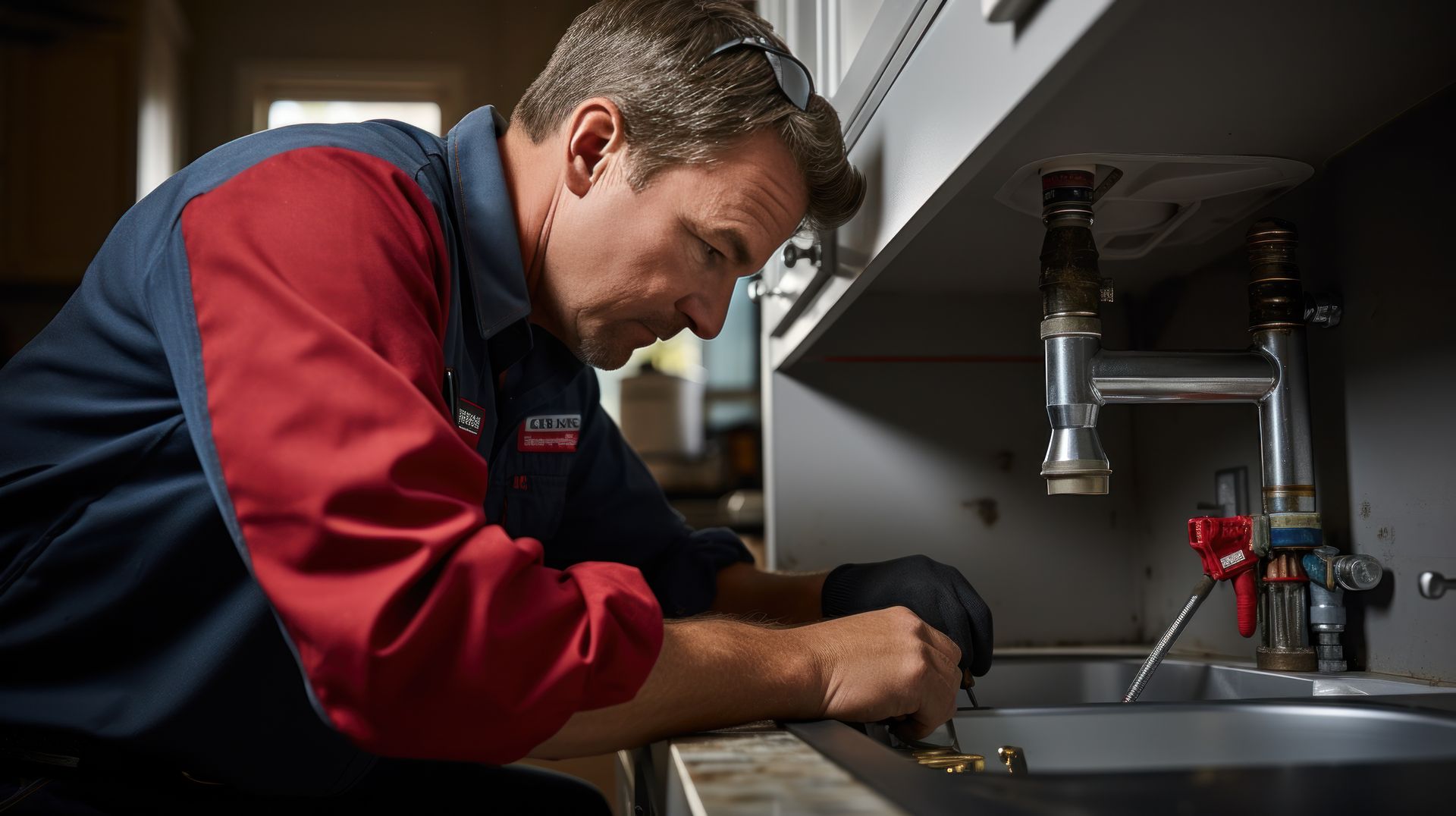
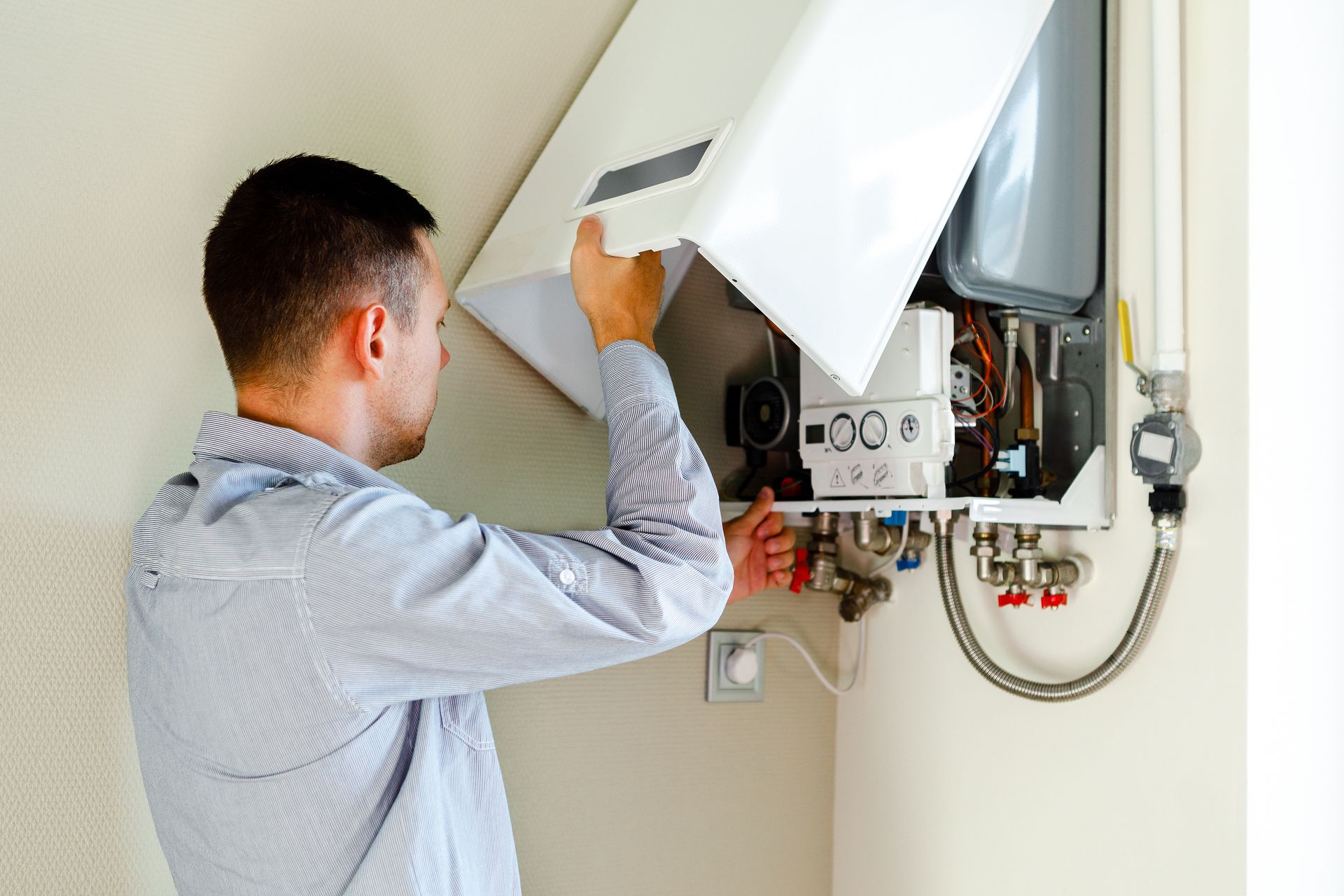
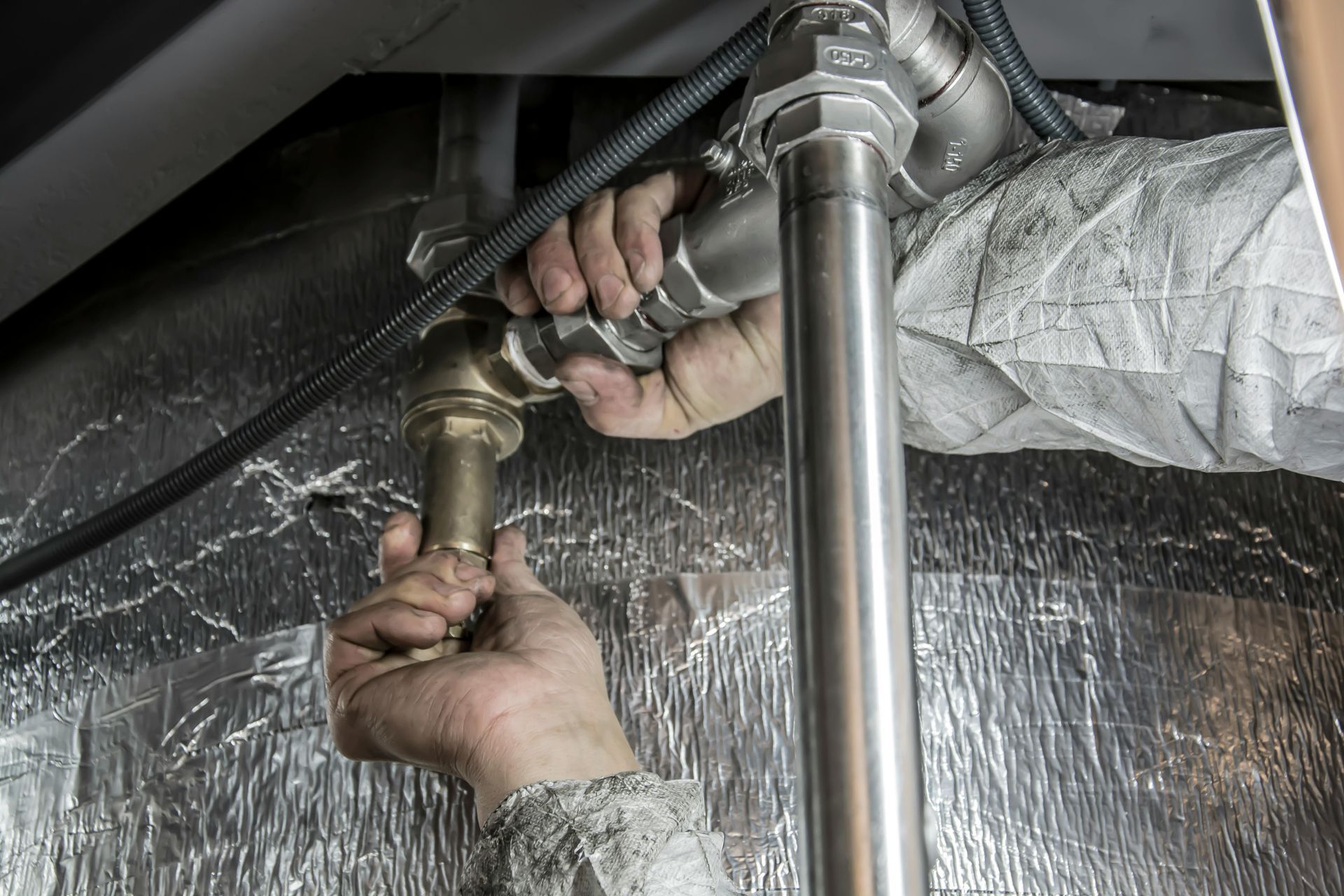
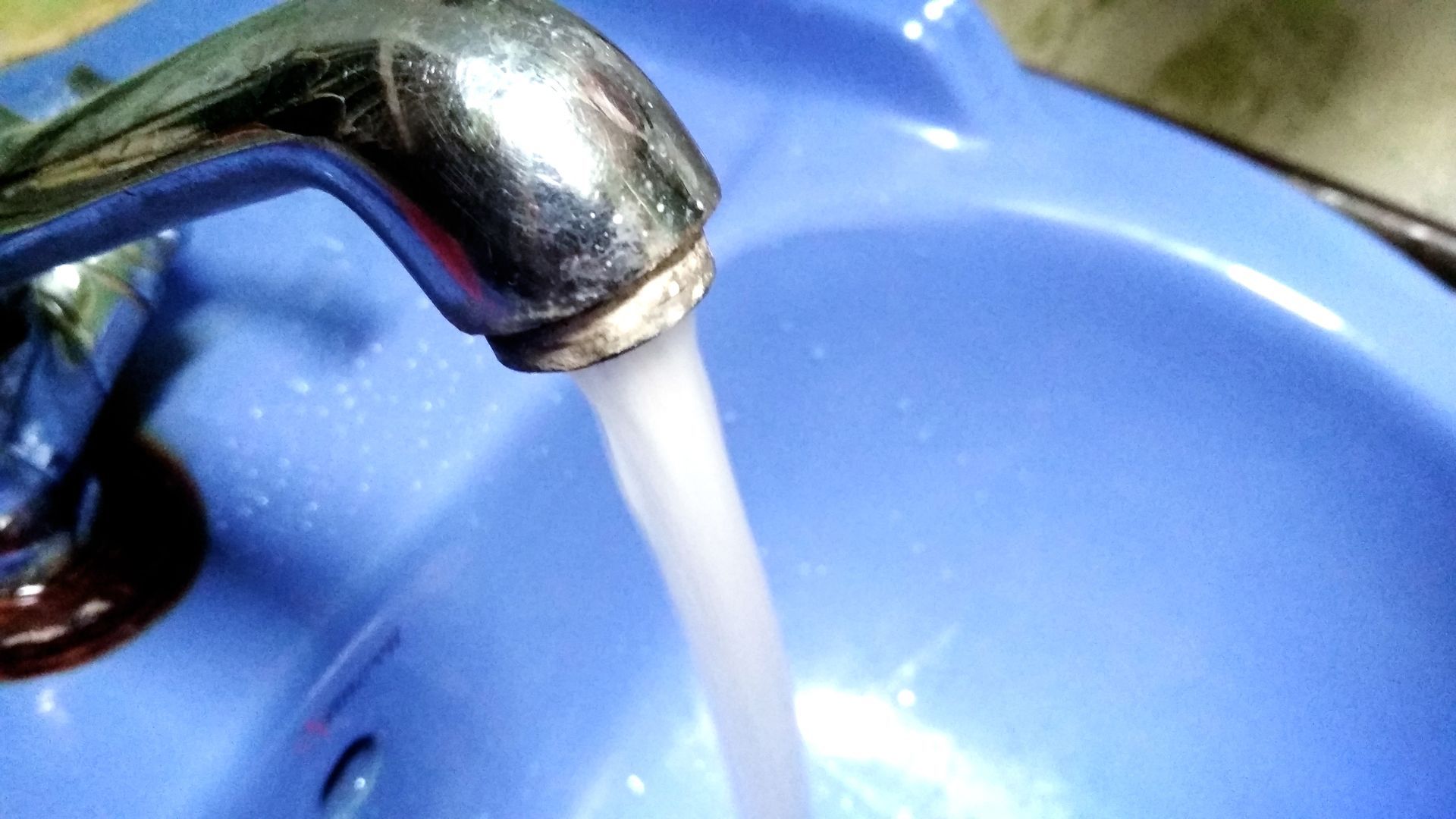






We provide a variety of professional plumbing services in the Greenwood, Hartsville and Columbus, IN areas
Areas Served:
Our plumbing contractors provide courteous, friendly, affordable, and effective residential plumbing services.
All Rights Reserved | Matt Meek LLC

